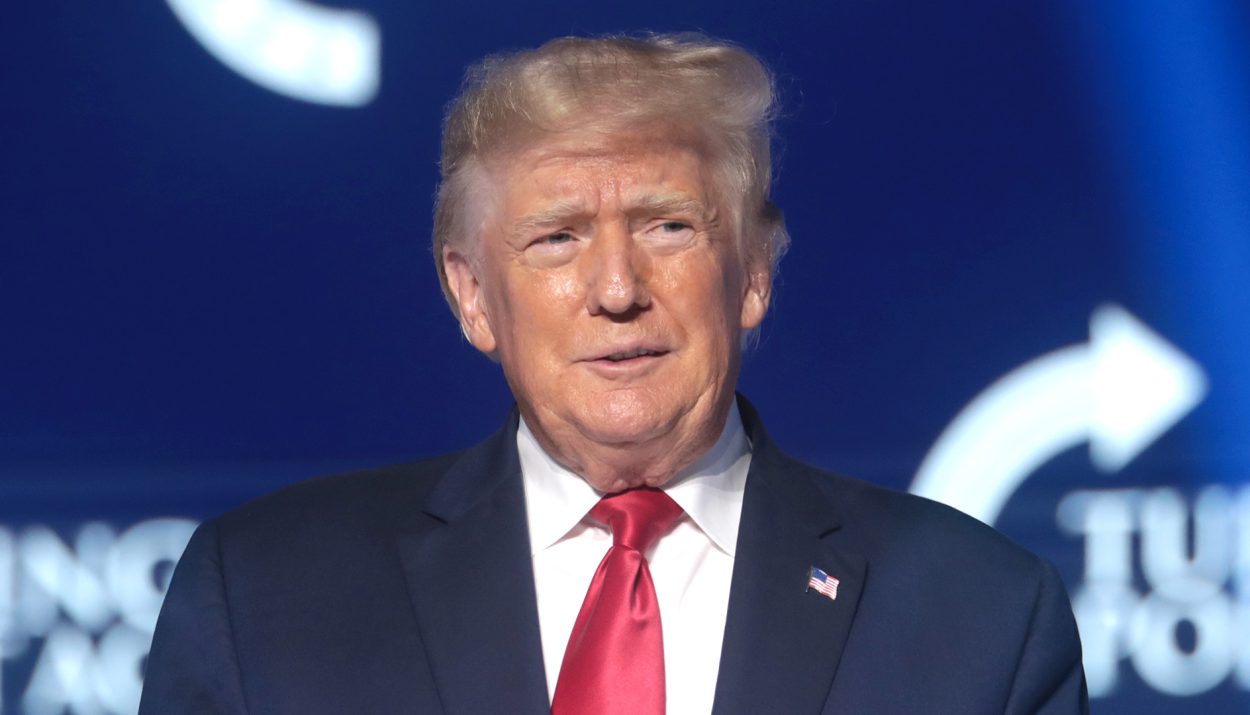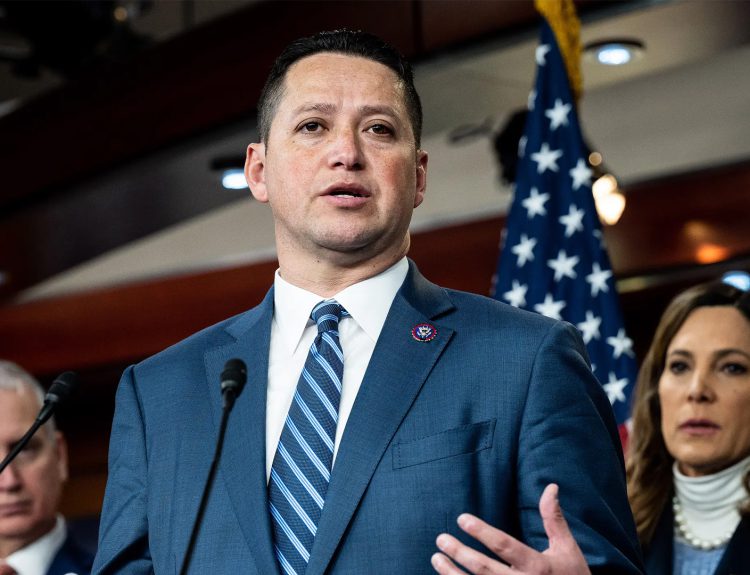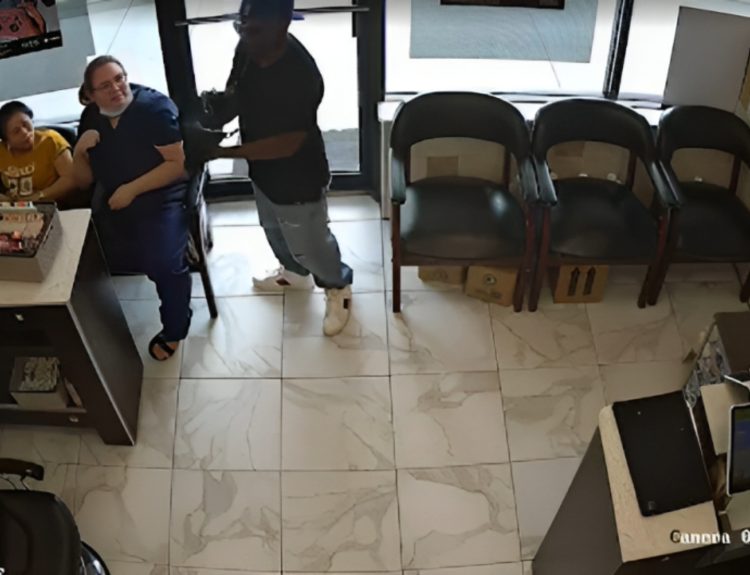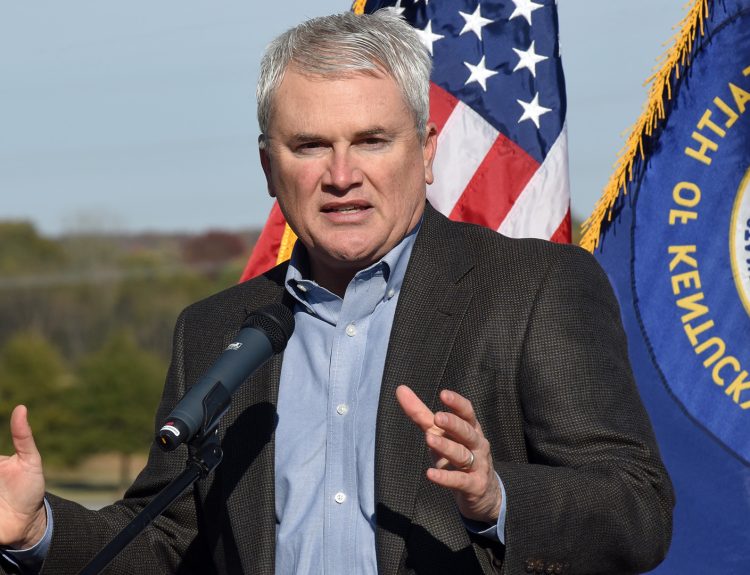Trump’s legal woes continue to mount as the former president deals with civil and criminal cases related to the January 6th Capitol attack. Last week brought more bad news for the embattled ex-commander-in-chief when a federal judge rejected his request to pause several civil lawsuits filed against him over his role in the deadly insurrection.
The ruling came down while Trump was in a Manhattan courtroom for jury selection in his criminal trial over hush-money payments.
Judge Rejects Trump’s Request to Pause January 6 Lawsuits
Trump faced another legal defeat this week as District Judge Amit Mehta denied the former president’s motion to stay multiple civil lawsuits tied to the Capitol attack.
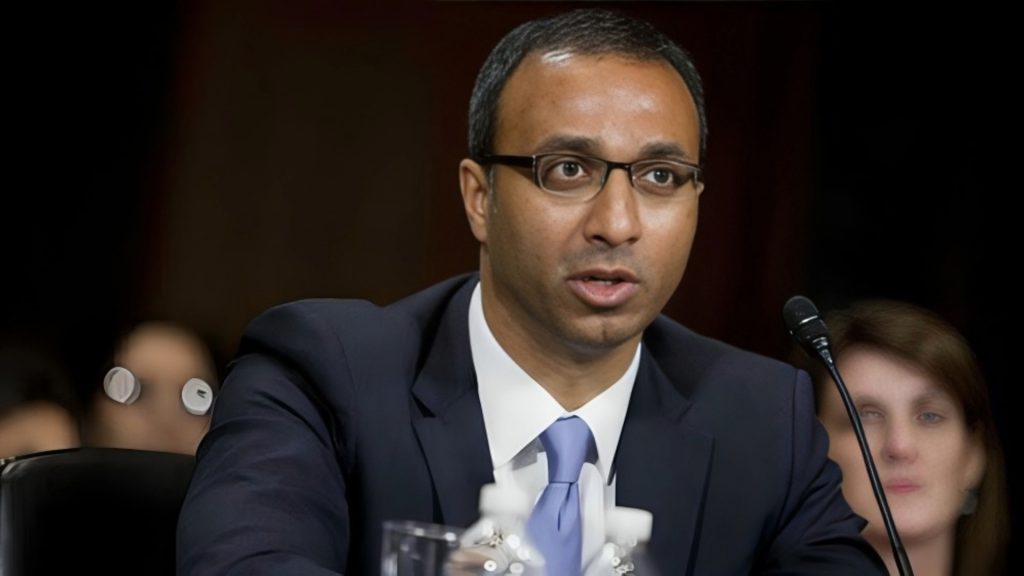
Trump’s lawyers had argued the cases should be put on hold pending the outcome of his criminal trial for allegedly inciting insurrection. However, Mehta disagreed, ruling that Trump’s criminal and civil matters, while related, are separate legal issues.
Judge Dismisses Trump Claims For Defense Strategy Argument
Mehta dismissed Trump’s claim that allowing the civil cases to proceed could reveal his defense strategy in the criminal trial.
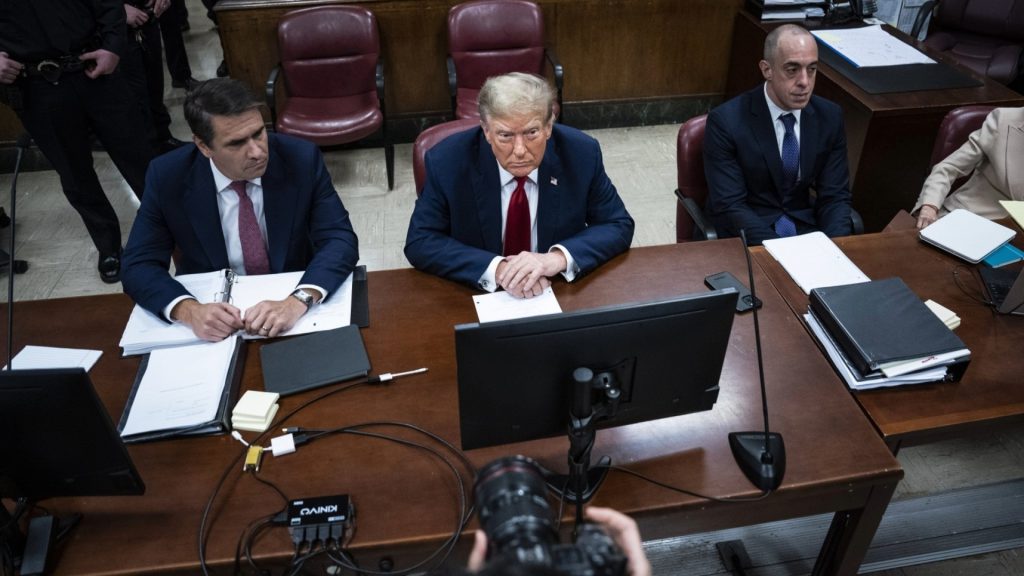
The judge noted the cases share some factual overlap regarding Trump’s pre-January 6 conduct, but said Trump “overstates the significance of that factual overlap in the present posture of these matters.”
Background on the January 6 Lawsuits Against Trump
Trump’s legal troubles stemming from the Capitol riot are mounting. Several civil lawsuits have been filed against the former president over his role in inciting the violence on January 6.
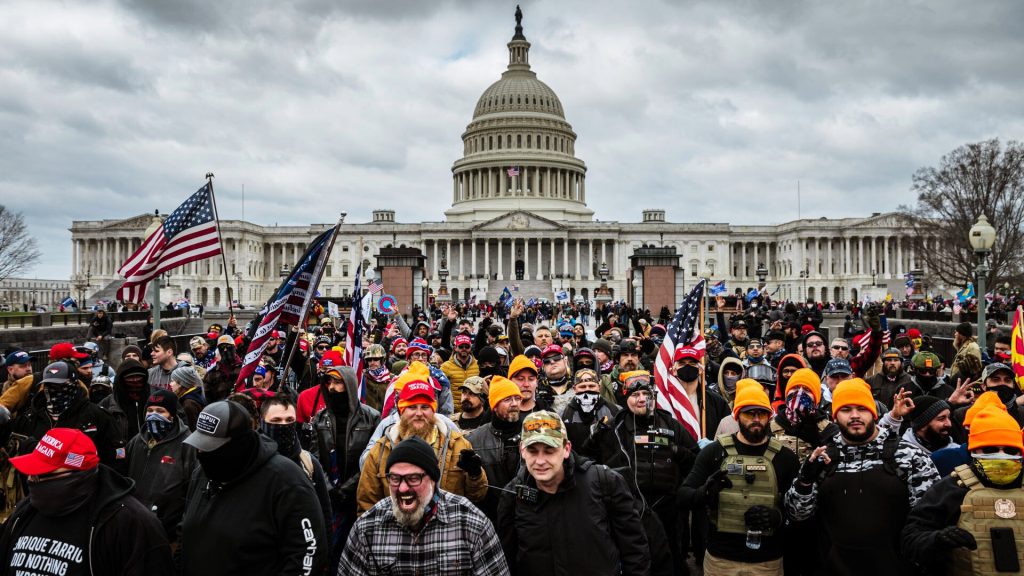
These suits were brought by police officers injured during the attack and Democratic members of Congress who were trapped inside the Capitol as the riot unfolded.
The Plaintiff’s Arguments
The plaintiffs argue that Trump’s words and actions leading up to and during the riot – including his repeated false claims of election fraud and calls for supporters to “fight like hell” – directly caused the violence that left five dead and scores injured.
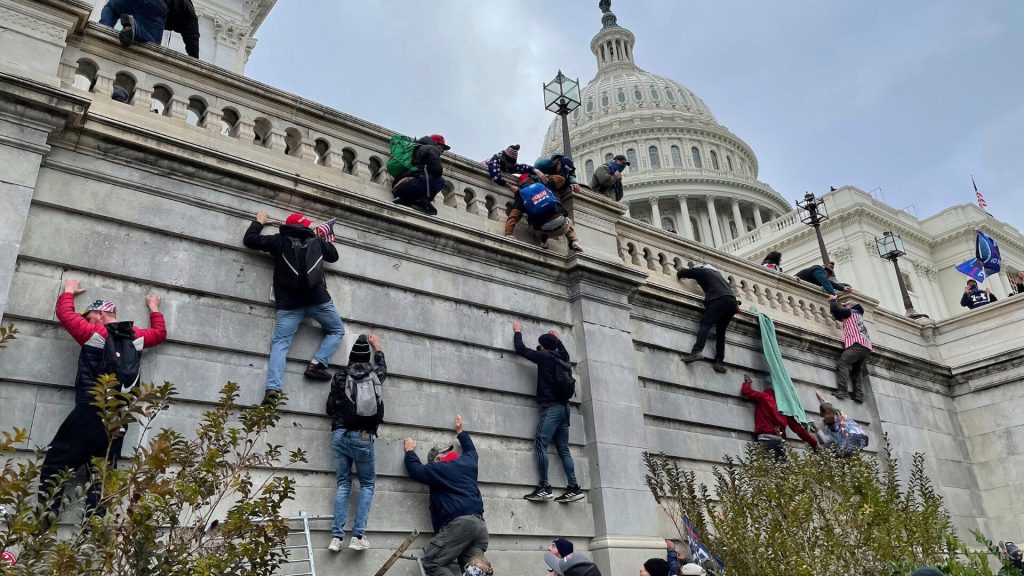
They claim Trump violated federal laws against inciting riots and violence and that he is liable for the physical and emotional damages they suffered.
Trump’s Presidential Immunity Defense and the Supreme Court
Donald Trump has repeatedly tried to argue that as president, he had absolute immunity from facing consequences for actions taken while in office.
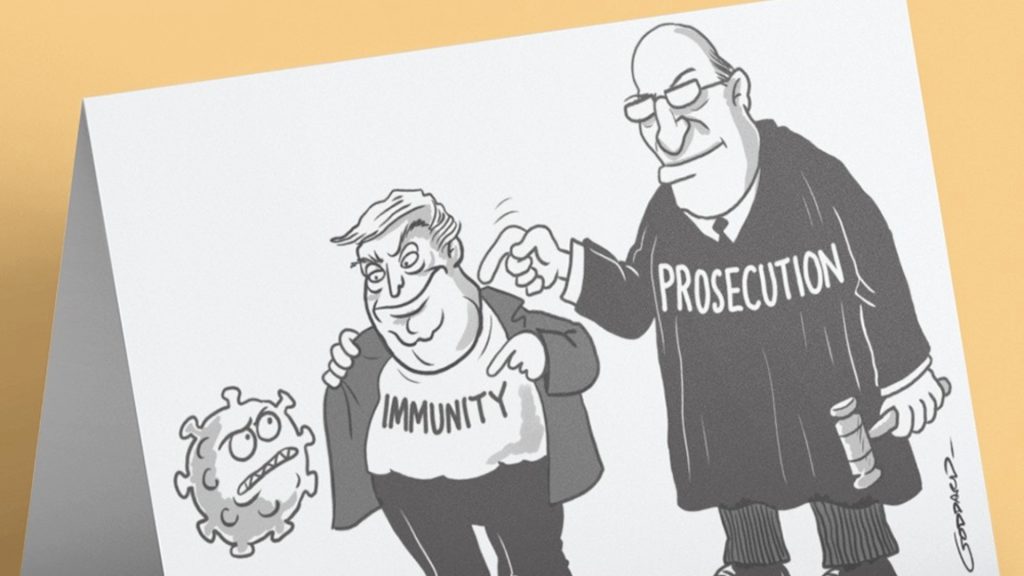
His defense team claimed in a filing to Judge Mehta that the lawsuits related to Trump’s role in inciting the January 6 insurrection should be put on hold until the Supreme Court rules on whether he can face criminal charges at all.
The Supreme Court Case
The Supreme Court is set to review Trump’s argument that presidential immunity protects him from facing criminal charges for anything he did as president.
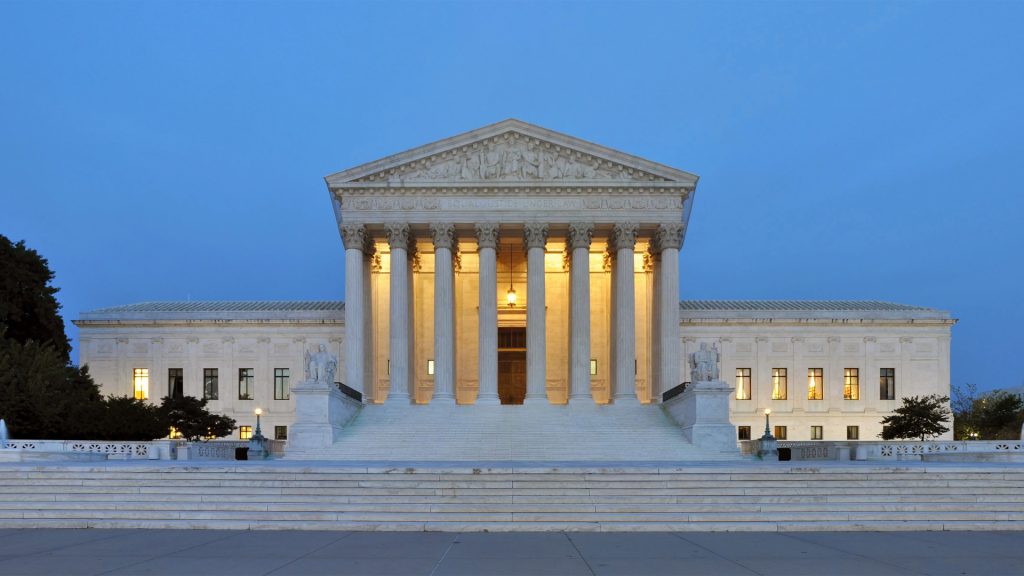
Trump hopes the conservative-leaning court will rule in his favor and shield him from the election subversion charges brought by Special Counsel Jack Smith.
Judge Rules Lawsuits Can Move Forward Before Supreme Court Ruling
Judge Amit Mehta rejected Donald Trump’s request to pause the civil lawsuits filed against him regarding the Capitol attack on January 6.
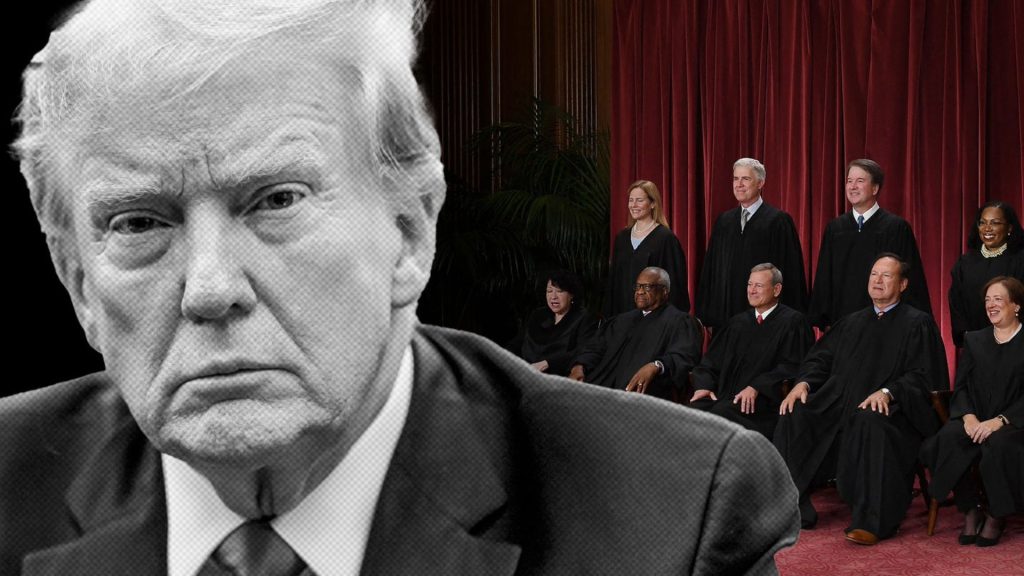
The former president had argued the cases should be stayed until the Supreme Court rules on whether he has immunity from prosecution for acts taken while in office.
A Big Blow To Trump
The ruling is a blow to Trump’s efforts to avoid accountability for his role in inciting the Capitol insurrection.
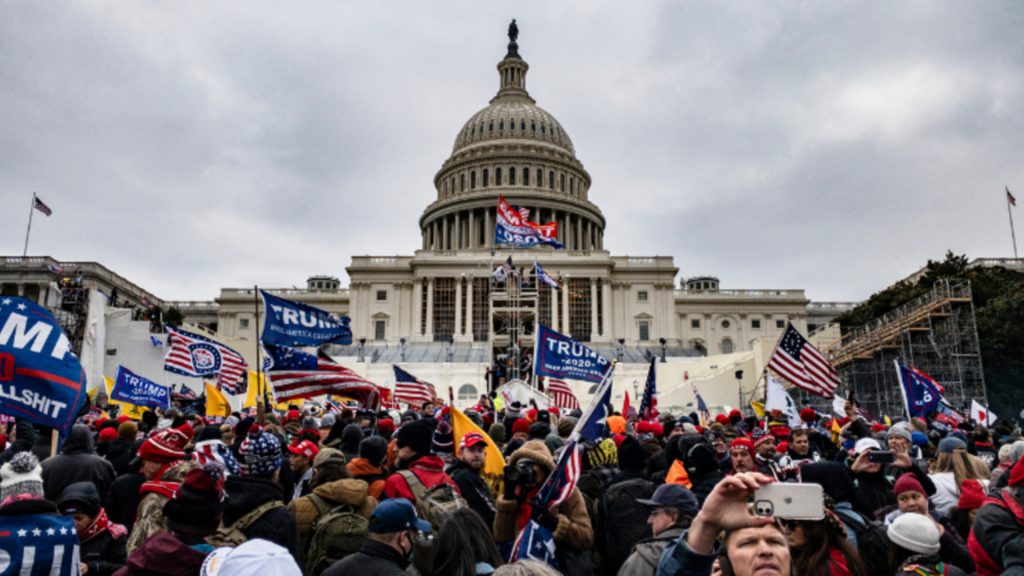
He has tried to use claims of presidential immunity to shield himself from criminal and civil consequences in a number of cases.
Overlap Between Civil and Criminal Cases Overstated, Judge Says
With the cases now allowed to proceed concurrently, Trump faces legal trouble on multiple fronts regarding his efforts to overturn the 2020 election results.
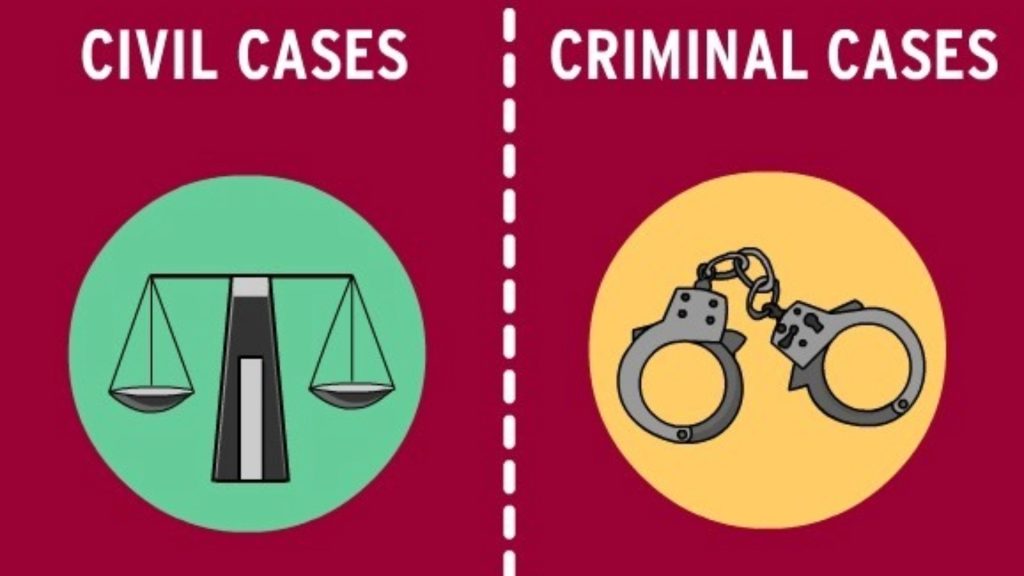
The criminal prosecution accuses him of attempting to subvert democracy itself. The civil lawsuits pose a further threat, with the potential to dent his finances if judgments are entered against him.
Other Key January 6 Cases Before Judge Mehta
Judge Mehta has overseen several high-profile cases related to the Capitol attack. In addition to Trump’s civil lawsuits, Mehta sentenced Stewart Rhodes, leader of the Oath Keepers militia group, to 18 years in prison for seditious conspiracy.
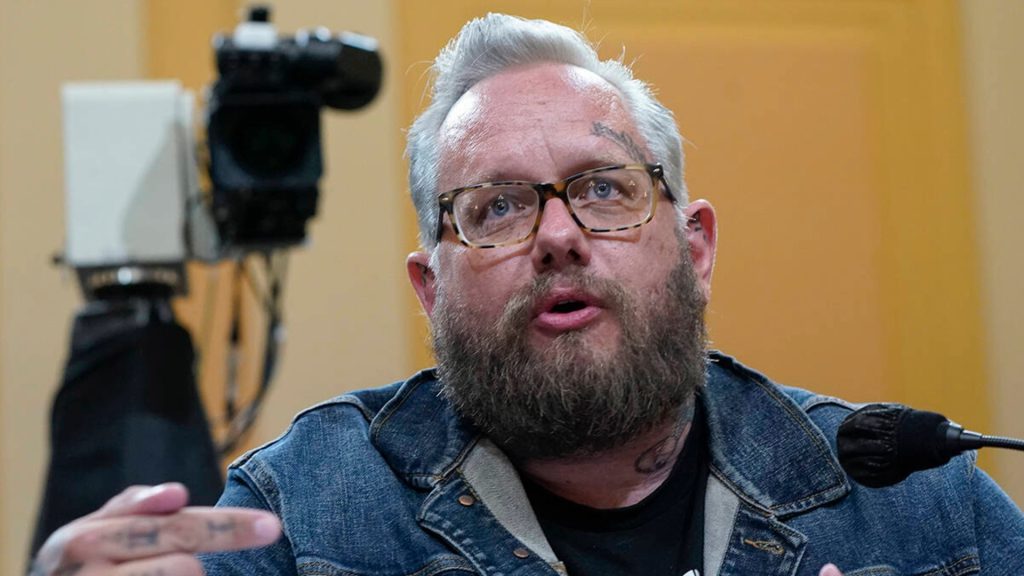
Rhodes and other Oath Keepers members were convicted of plotting to use force to prevent Congress from certifying Biden’s election win.
Peter Navarro Criminal Trial
Mehta also presided over the criminal trial of Peter Navarro, a former trade adviser under Trump. Navarro refused to comply with a subpoena from the House committee investigating January 6, so the House voted to hold him in contempt of Congress.
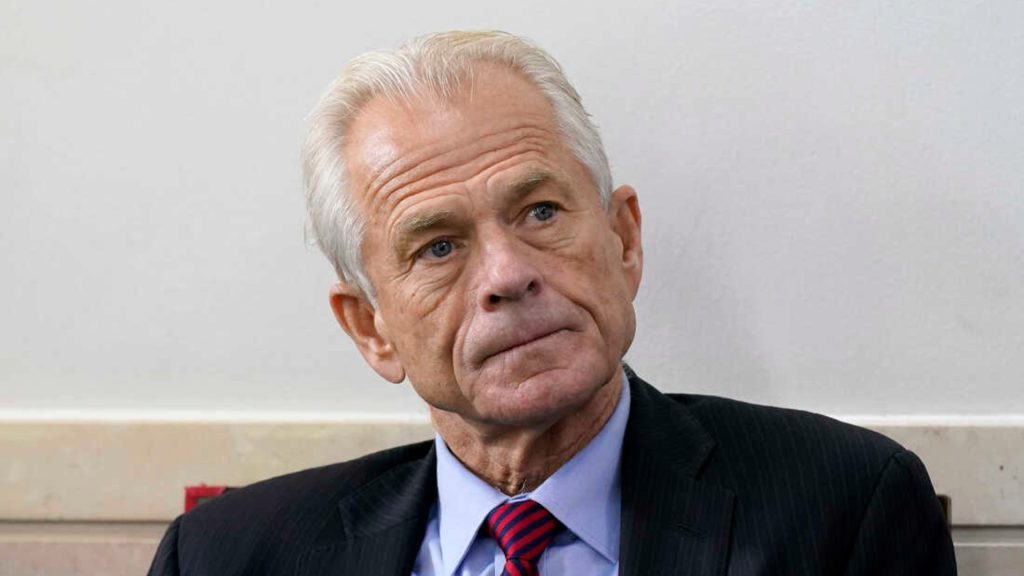
Mehta sentenced Navarro to four months in prison for his defiance of the subpoena.
Threats Against Judge Mehta From Trump Supporters
Mehta’s handling of the Capitol attack cases has subjected him to violent threats from Trump supporters seeking revenge.
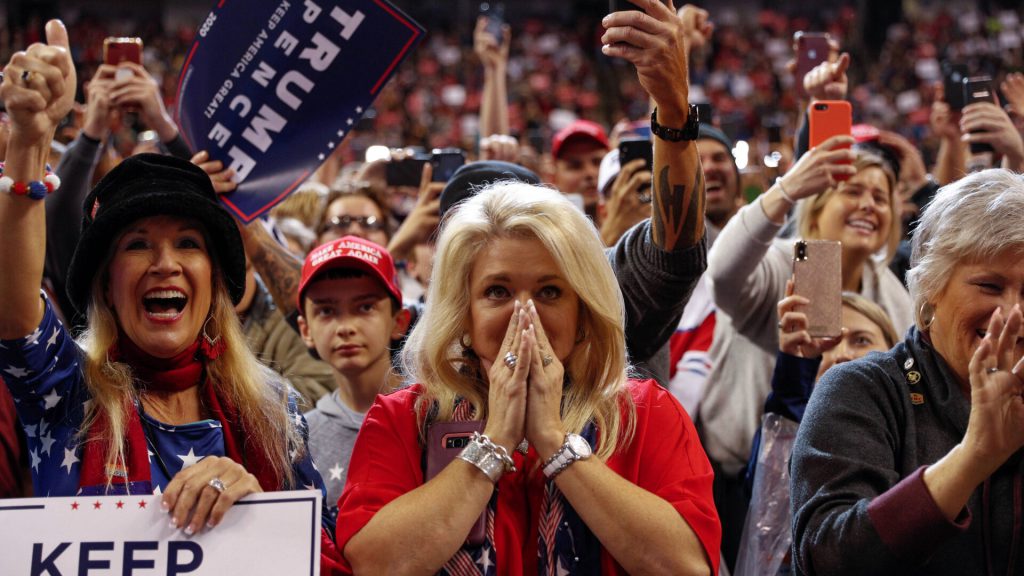
However, the judge has remained steadfast in his duty to hold accountable those responsible for one of the darkest days in modern American history.
Trump Ordered to Detail Immunity Defense by May 1
The judge overseeing lawsuits alleging that former President Donald Trump incited the January 6, 2021, attack on the U.S. Capitol rejected Trump’s request to pause litigation on Thursday.
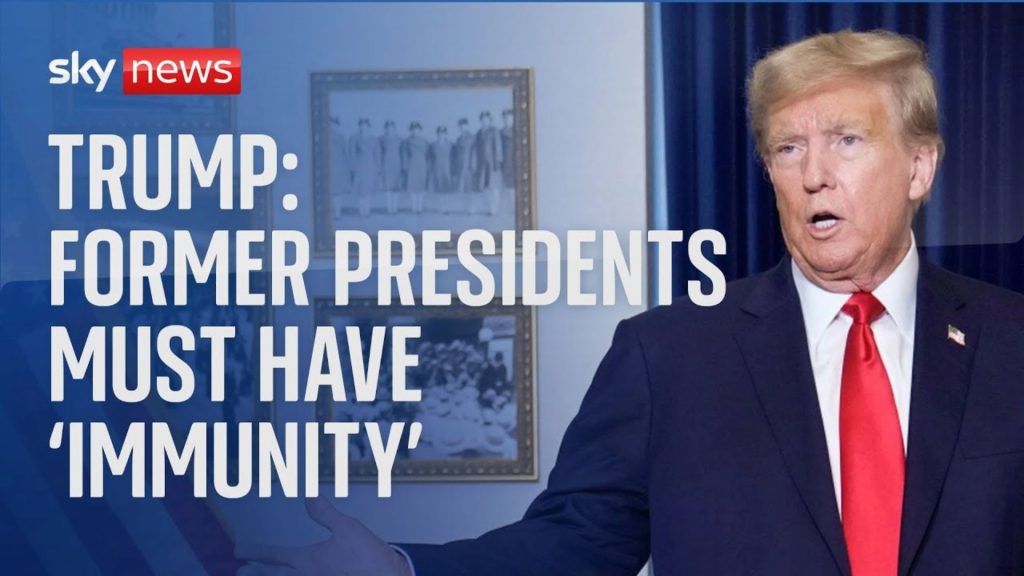
Instead, U.S. District Judge Amit Mehta ordered Trump’s legal team to provide details about his immunity defense claims by May 1.
Implications of the Ruling for Trump’s Legal Strategy
The judge’s order denying Trump’s request to pause the January 6 lawsuits pending the outcome of his criminal trial is a blow to the former president’s legal defense.
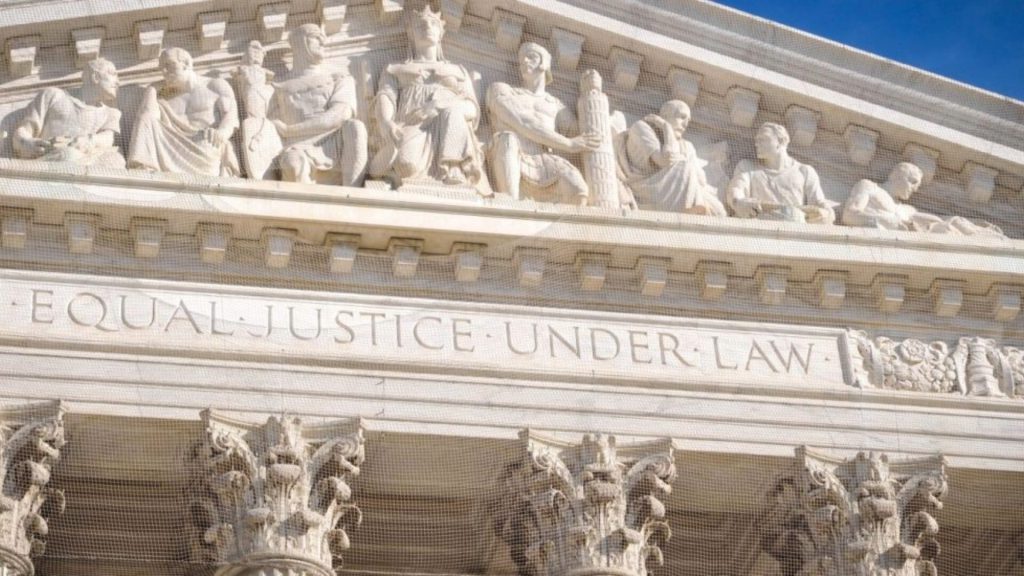
Trump’s team will have to move forward defending the ex-president in both the criminal and civil trials simultaneously.

